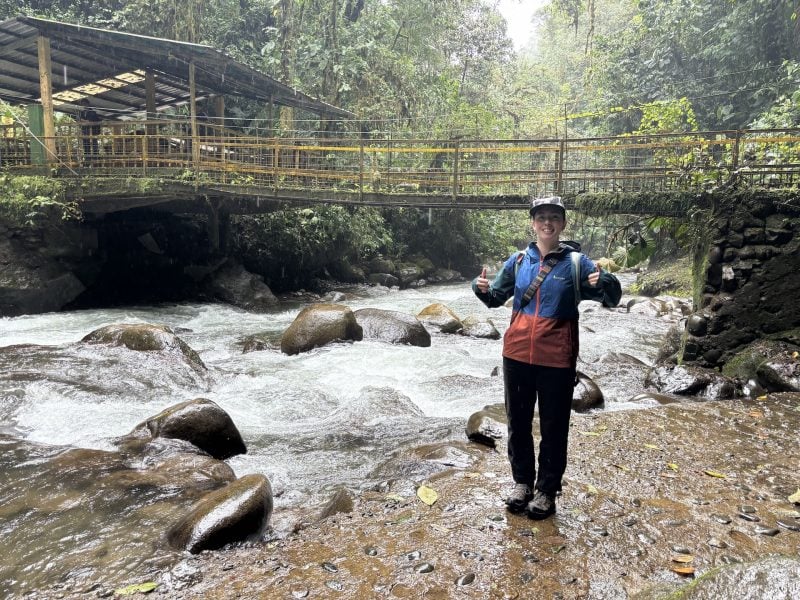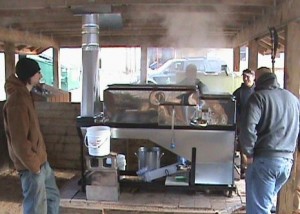
Quinn Riordan knew she’d have to land scholarships in order to pay for school. The applied ecology and environmental science major went for the Obama-Chesky Voyager Scholarship for Public Service from the Obama Foundation—and won!
In addition to receiving up to $25,000 per year in last-dollar financial aid for her junior and senior years, covering Riordan’s remaining tuition after other federal, state or institutional aid is applied, the scholarship also included a $10,000 stipend and free Airbnb housing to fund a six-week Summer Voyage between her junior and senior year. For her Voyage, Riordan chose to focus on sustainable agriculture and access to agricultural knowledge.
